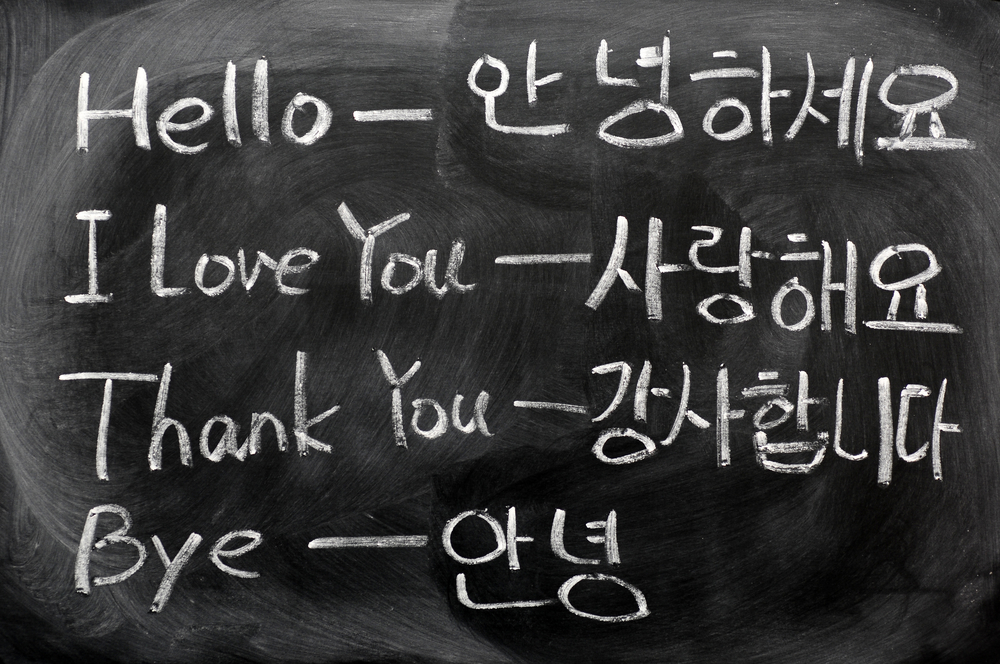The Peninsula
Chalk One Up for Korea

By Mark Tokola
Chalkboards (aka blackboards) had a pretty good run in classroom use from 1814 until whiteboards began to replace them beginning in the 1960’s. The main place you see them these days is in restaurants, although if you look closely you’ll see that many of their ‘chalkboard’ menus are actually painted fakes. Most classrooms today (and KEI’s offices) use interactive smartboards instead. For many serious mathematicians and some old-school (literally) chalkboard aficionados, however, there is no substitute for a chalkboard, a felt eraser, and of course chalk. But, which chalk?
When the Hagoromo Bungo Company of Japan announced in 2014 that it was going out of business after 82 years, university lecturers despaired. Hagoromo Fulltouch had long been the “Rolls-Royce” or “Michael Jordan” of chalks. After the company announced that it would halt production, one Cal Tech biology professor bought $50,000 worth of Hagoromo chalk to make sure that he would not run out–at least for a while. A University of Washington mathematician envisioned becoming a “chalk dealer,” making sales out of his horded supply to colleagues.
What led to this chalkapocalypse? Takayasu Watanabe, Hagoromo Stationery’s last president, explained in June 2015 that falling sales and his own poor health had made it untenable to stay in business. Unsurprisingly, for those familiar with South Korea’s passion for education, Korean schools had been major users of Hagoromo chalk. When the news came that the company was going out of business, a South Korean buyer stepped forward to acquire Hagoromo’s proprietary chalk-making machinery. New York magazine reported on May 20, 2019, that mathematicians would now be able to purchase newly-produced, Korean Hagoromo chalk from Amazon rather than having to rely on stockpiled chalk, thanks to the South Korean company that is now manufacturing it, Sejongmall Co., Ltd. of Pocheon in Gyeonggi-do.
What distinguishes this particular chalk (and a few other brands of ‘dustless chalk’) is that it is made from calcium carbonate rather than the typically-used gypsum. The legend is that while using it, it is impossible to write a false mathematical theorem.
Mark Tokola is the Vice President of the Korea Economic Institute of America. The views expressed here are his own.
